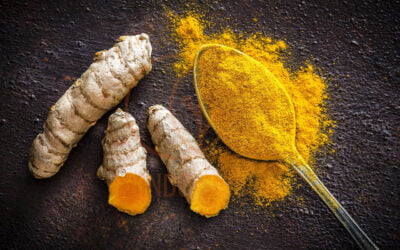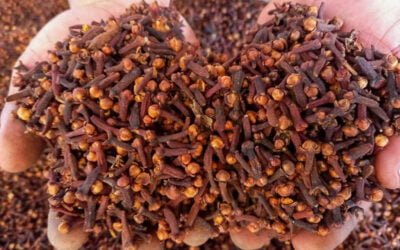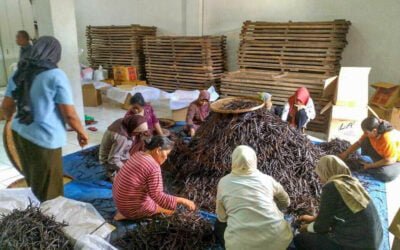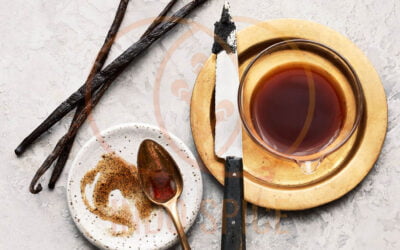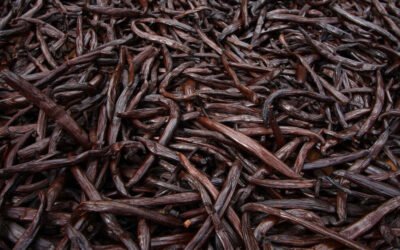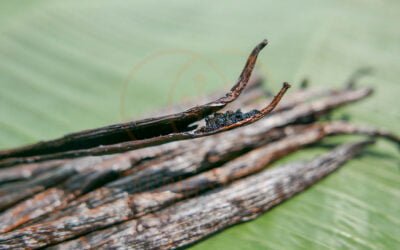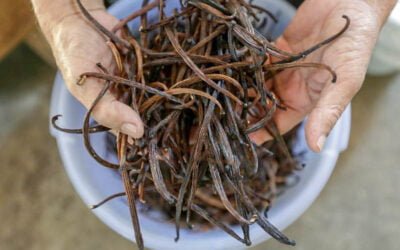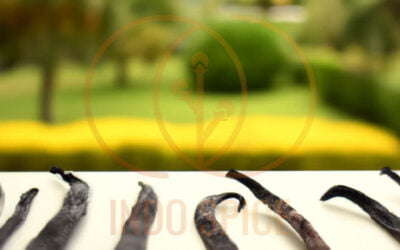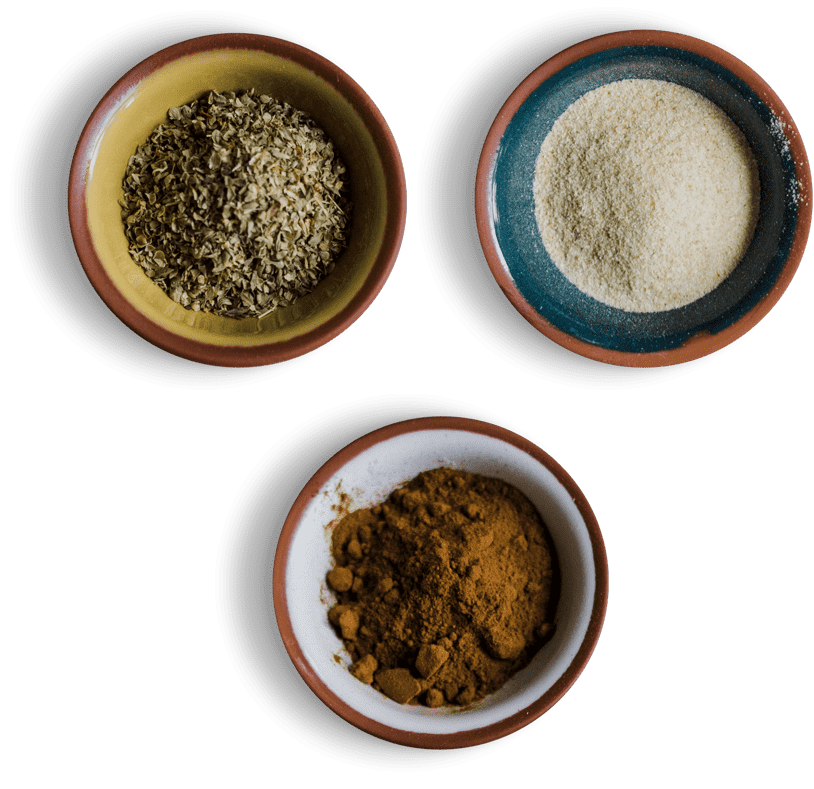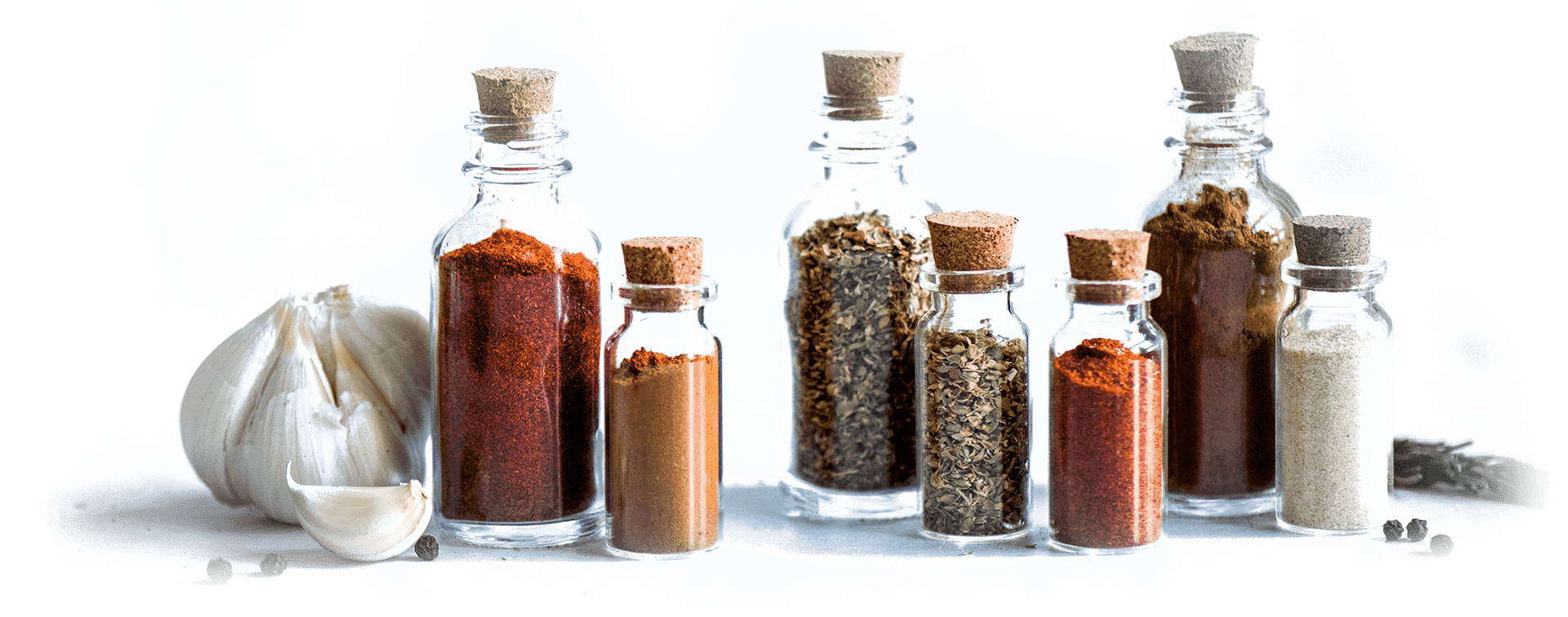Vanilla is one of the most popular flavor and fragrance ingredients in the world, but did you know that there is such a thing as artificial vanilla? In this article, we’ll explore the history, production, and uses of artificial vanilla, as well as its pros and cons compared to natural vanilla.
Table of Contents
What is Artificial Vanilla?
Artificial vanilla is a synthetic flavor that is designed to mimic the taste and aroma of natural vanilla. It is made using a variety of chemical compounds, including vanillin, which is the main flavor compound in natural vanilla. Artificial vanilla is used in a wide range of food, beverage, and cosmetic products, and it is often a cheaper alternative to natural vanilla.
History of Artificial Vanilla
Artificial vanilla has been around for over a century, and its production has increased significantly in recent decades. The first artificial vanilla flavor was created in the late 19th century, and it quickly became popular due to its consistent flavor and low cost compared to natural vanilla. Today, artificial vanilla is used in a wide range of products, from baked goods and confectionery to perfumes and cosmetics.
Production of Artificial Vanilla
Artificial vanilla is produced using a variety of chemical compounds, including vanillin. This can be synthesized from a variety of natural and synthetic materials, including wood pulp, petroleum, cloves, and other organic compounds. The production of artificial vanilla is a complex process that involves several steps, including synthesis, purification, and formulation.
Uses of Artificial Vanilla
Artificial vanilla is used in a wide range of food, beverage, and cosmetic products, including baked goods, confectionery, ice cream, soft drinks, and more. It is also used in perfumes, candles, and other fragrances. Artificial vanilla is often used as a cheaper alternative to natural vanilla, and it provides a consistent flavor profile that is not affected by seasonal or regional variations.
Pros and Cons of Artificial Vanilla
Artificial vanilla has several pros and cons compared to natural vanilla. On the one hand, it is cheaper, more consistent, and easier to produce. On the other hand, it does not have the same depth of flavor, aroma, and complexity as natural vanilla, and it may contain harmful chemicals and additives.
In addition, artificial vanilla is not as widely accepted as natural vanilla, and many consumers are increasingly seeking out natural and organic products. This has led to a growing demand for high-quality natural vanilla beans and extract, and a declining demand for artificial vanilla in some markets.
Artificial vanilla is a synthetic flavor that is used in a wide range of food, beverage, and cosmetic products. It is made using a variety of chemical compounds, including vanillin, and it is often a cheaper alternative to natural vanilla. While artificial vanilla has several pros, such as consistency and low cost, it also has several cons, such as a lack of depth of flavor and the presence of harmful chemicals and additives. With the growing demand for natural and organic products, it is important to understand the differences between artificial and natural vanilla when making purchasing decisions.
Visit vanilla beans product page for more information. Agrio Spice is your one-stop source for high-quality spices and commodities, including Indonesian vanilla beans. We are proud to have our own vanilla farm located in the heart of Bali, Indonesia, where our beans are grown with the utmost care and expertise. Our commitment to quality ensures that our customers receive the best possible product, every time.
We specialize in the sourcing and supply of spices and commodities, including premium vanilla beans, and are dedicated to providing competitive prices and exceptional customer service. If you’re looking for a reliable supplier of the finest Indonesian vanilla beans, look no further than Agrio Spice. Contact us today to learn more about how we can support your business.


